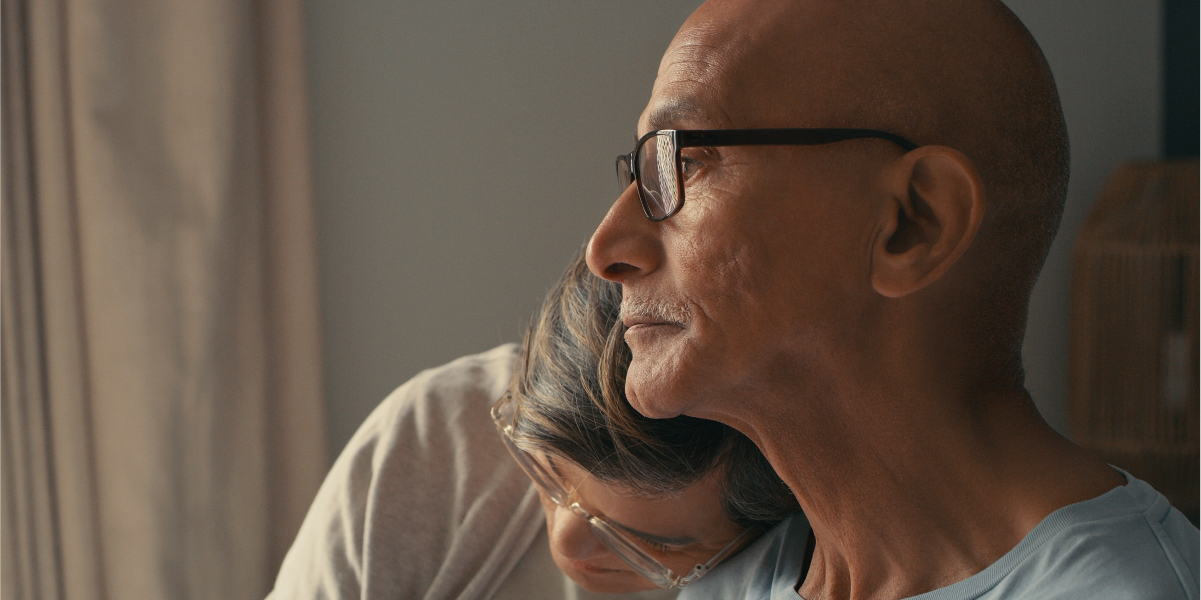Motorcycle accidents and the damages that they cause are often severe and lead to a significantly higher risk of death than car or truck accidents. On an annual basis, several thousand people in the United States are tragically killed in motorcycle crashes and more than 50,000 are seriously injured. Not surprisingly, most motorcycle accidents are caused by other drivers, as it requires vigilance and a clear awareness of their surroundings for them to notice motorcyclists in their direct vicinity. Moreover, there are many distracted drivers on the road. As more people get behind the wheel distracted by various things, there is a greater risk of serious crashes with the motorcyclists sharing the road. Although there are many factors that lead to motorcycle crashes, the majority of motorcycle accidents occur for the following reasons:
- Cars that unknowingly cut motorcyclists off when changing lanes;
- Vehicles that side swipe motorcycles when changing lanes;
- A failure of other vehicles to yield to the right of way of motorcyclists; and
- Vehicles that strike motorcycles while entering or exiting lanes on busy highways and other heavily trafficked roads.
Unfortunately, these accidents often have serious and sometimes fatal consequences. Specifically, motorcycle accidents can result in severe and extensive injuries, such as bone fractures, painful and debilitating head injuries, road rash, infection, back and neck injuries, spinal cord and brain damage, traumatic amputations, and disfigurement. One of the most common types of injuries that motorcyclists sustain during an accident is called a traumatic brain injury, often referred to as a TBI in legal and medical resources. Injuries to the brain, often caused or exacerbated by the failure of a motorcyclist to wear a helmet, occur when a rider’s head comes in contact with the ground, another vehicle, or some other object. Traumatic brain injuries often lead to long term and sometimes permanent disabilities, such as loss of memory, speech, and emotional ability, as well as cognitive impairment, coma, and sometimes death.
Suffering a TBI can significantly alter the quality of someone’s life, as well as dramatically affect the lives of family members and loved ones. It also can lead to the following:
- Forever alter relationships that the injured person previously had with people in his or her life;
- Require the injured person to undergo continuous medical intervention and painful rehabilitation;
- Prevent the person from working or performing daily activities; and
- Cause severe emotional trauma for the injured victim and his or her loved ones.
When a person has been injured in a motorcycle accident or a family has lost a loved one following a serious crash, it is critical to obtain the right legal advice as soon as possible.


